Crafting Your Own GPS Tracker: DIY Solutions for Enhanced Tracking
Creating a GPS tracker provides an exciting opportunity to customize tracking solutions tailored to specific needs. Whether for personal projects, educational purposes, or professional applications, learning how to make a GPS tracker empowers individuals with hands-on experience and innovative solutions for enhanced tracking capabilities.
Understanding GPS Technology and Components
GPS (Global Positioning System) technology forms the foundation of GPS trackers, enabling accurate determination of location coordinates using satellite signals. Basic components of a GPS tracker include a GPS receiver module, microcontroller unit (MCU), antenna, power source, and optional features such as GSM connectivity for data transmission and mobile integration.
Exploring Small-Scale Design and Integration
Designing a small-scale GPS tracker involves selecting compact components that minimize size and weight while maximizing functionality. Small form factors are ideal for discreet placement in vehicles, personal belongings, or equipment, ensuring covert tracking capabilities without compromising performance. Integration with mobile platforms enhances usability, allowing users to monitor and manage tracking data remotely via smartphones or web interfaces.

Vehicle Tracking Devices
series-1000-Bug Finder
WIFI Hidden Camera Water Bottle
series-2000-
Online Voice Recorder
series-3000-Audio Enhancement
Bug Detector Scanner
series-4000-
Anti kidnapping Device
series-1000-
Oil Diffuser With Hidden Camera
series-2000-Spy Audio Bugs
Tiny Recorders
series-3000-
Phone Singnal Blacker
series-4000-
GPS Tracker for Fleet
series-1000-
Spy Camera Store
series-2000-WiFi Hidden Cameras
Tiny Recorder FL
series-3000-Spying Bugs
Professional Bug Detectors
series-4000-Bug Discoverer
Gps Tracking Watch For Elderly
series-1000-4K Hidden DVR Cameras
Hidden Camera Button
series-2000-Personal Protection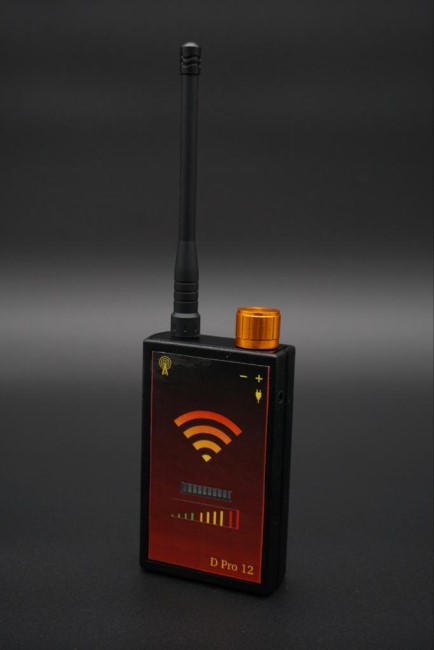
Hidden Dual Wireless Earpiece
series-3000-GPS Tracking Devices
Counter Surveillance
series-4000-Hidden Cameras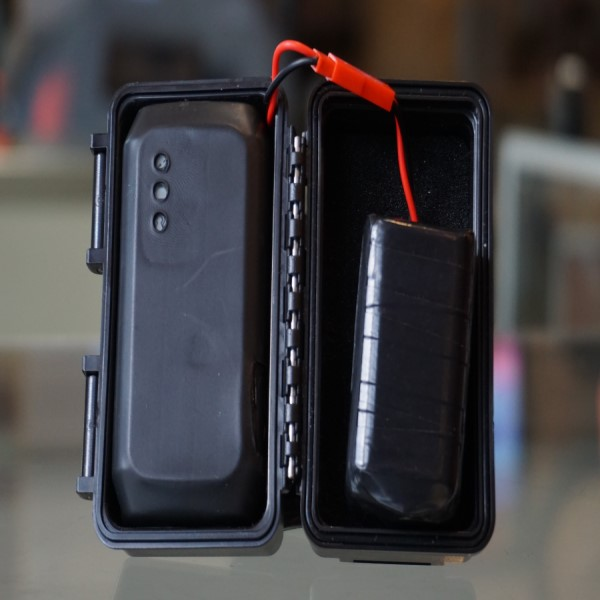
Best GPS Tracker for Cars
series-1000-Spy Cameras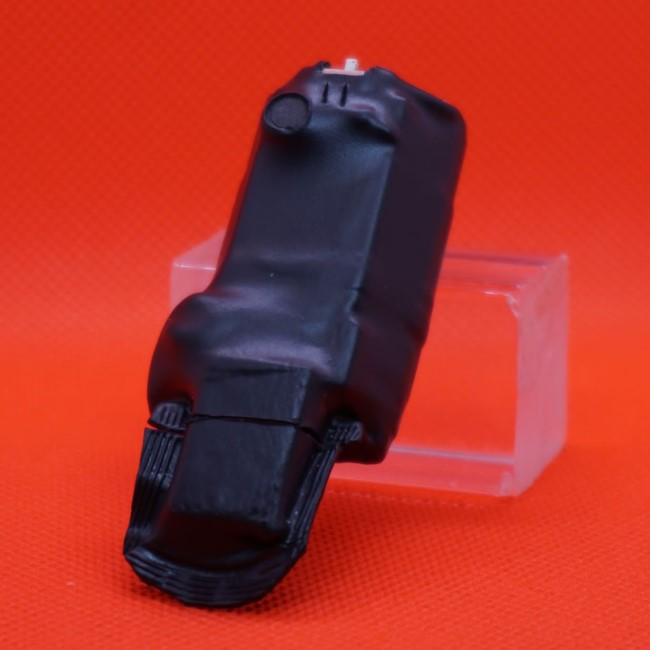
Hidden WIFI Keyboard Camera
series-2000-Invisible camera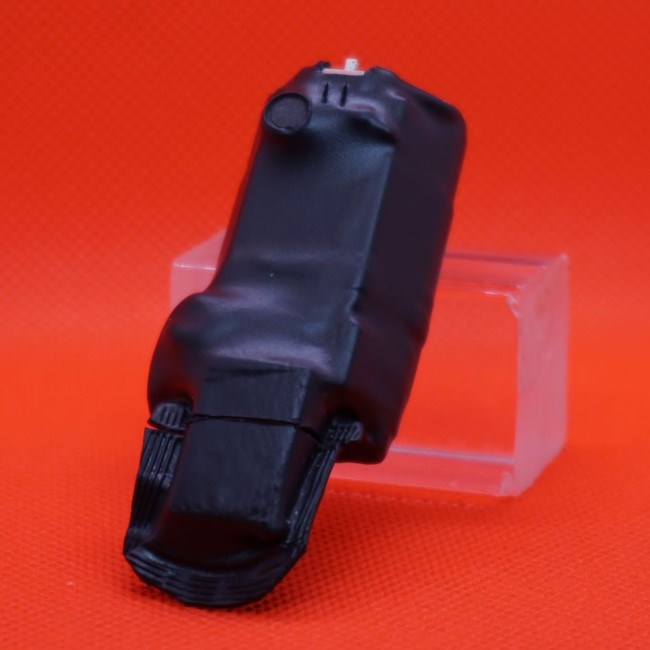
Audio Recorder
series-3000-Sound Recorder
Bug Detector Scanner
series-4000-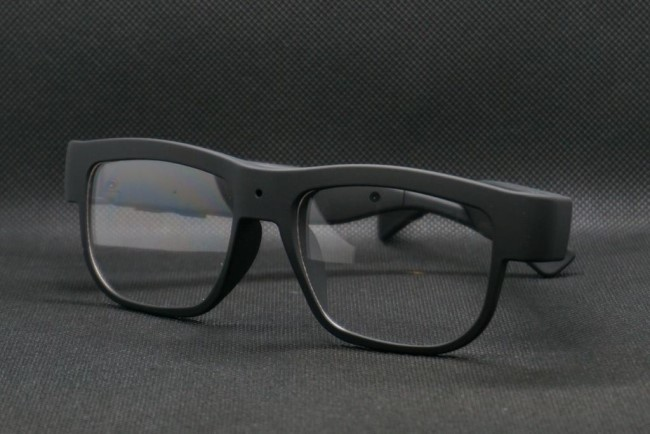
Fleet GPS Tracking
series-1000-New Spy Gadgets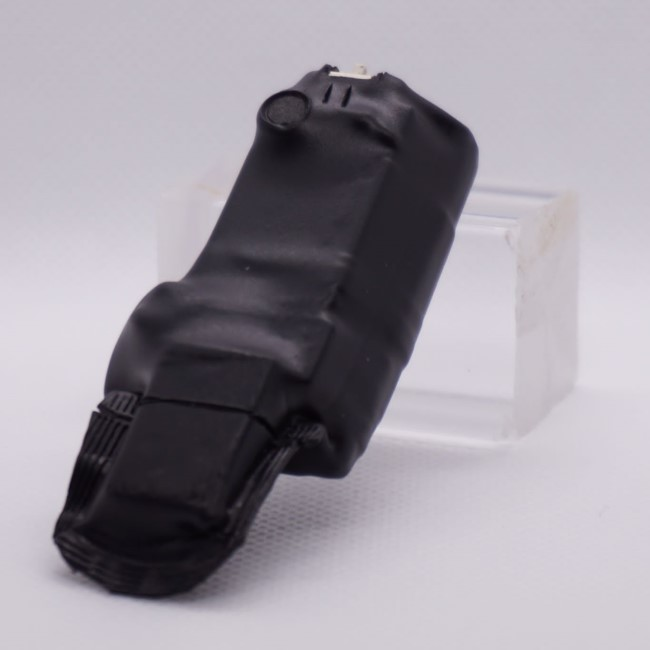
Hidden Camera in Mailbox
series-2000-DVR Recorders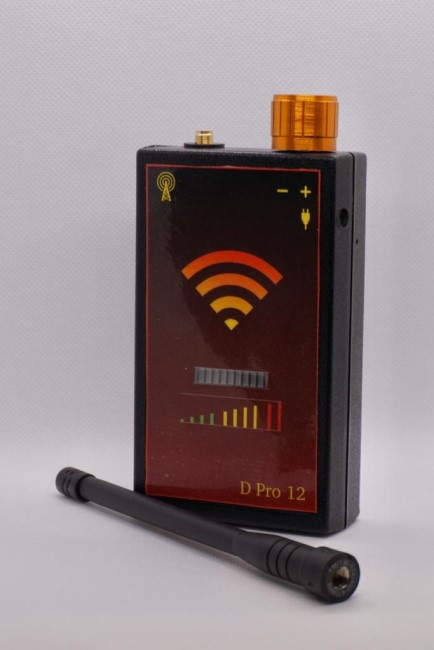
Digital Voice Recorders
series-3000-Voice Recorder Pens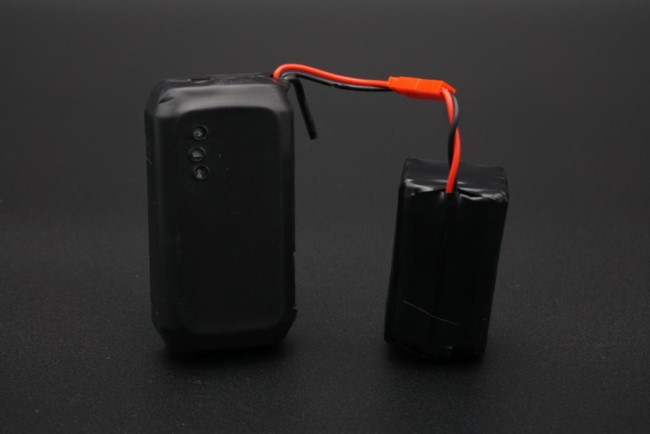
Bug Sweepers
series-4000-
GPS Tracking
series-1000-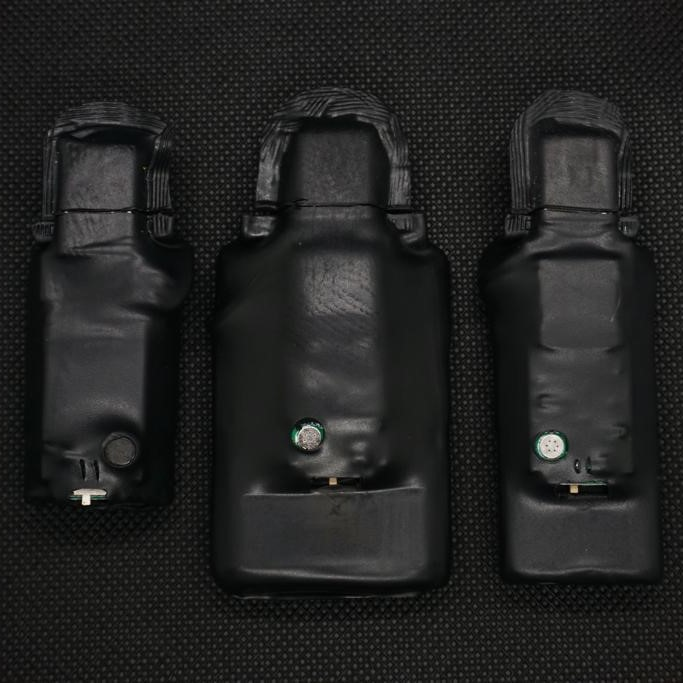
Copier Hidden Camera
series-2000-Voice Activated Recorders
Audio Digital Recorder
series-3000-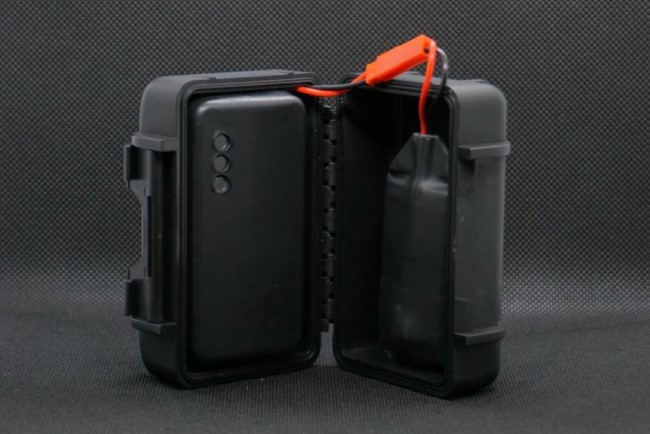
New Bug Detector
series-4000-Bug locator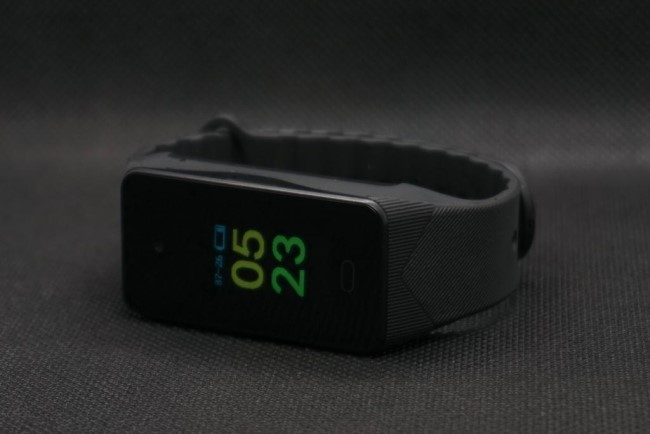
GPS Monitoring
series-1000-Phone Recorders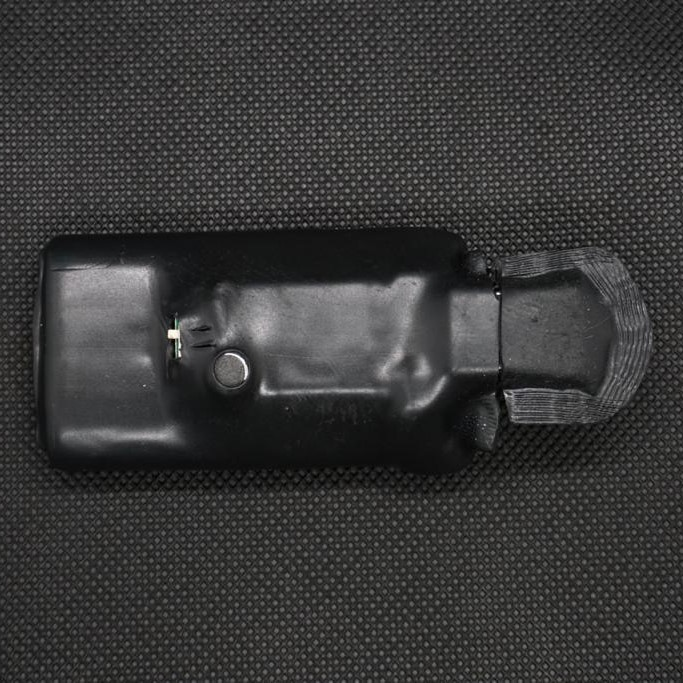
Brush Hair and Camera WIFI
series-2000-Choosing the Right Equipment and Components
When shopping for components to build a GPS tracker in Golden Beach, individuals can explore local electronics stores or online retailers offering a wide range of GPS modules, microcontrollers, antennas, and power supplies. Knowledgeable staff at electronics stores can provide guidance on selecting compatible components and offer insights into assembly techniques and programming requirements.
Building a Functional GPS Tracker System
Constructing a GPS tracker involves assembling selected components, connecting circuits, and programming the microcontroller to interface with GPS and optional GSM modules. Basic programming skills are beneficial for configuring GPS data acquisition, transmission protocols, and integrating features such as real-time tracking, geo-fencing alerts, or motion detection capabilities.
Enhancing Tracker Functionality with Hidden Features
Integrating hidden features into a DIY GPS tracker enhances functionality and security applications. Hidden camera modules can capture visual data alongside GPS coordinates, providing comprehensive surveillance capabilities for monitoring vehicles or remote locations. Additionally, integrating motion sensors or environmental sensors expands tracking capabilities and enables customized alerts based on detected conditions.

Vehicle Tracking Devices
series-1000-Bug Finder
WIFI Hidden Camera Water Bottle
series-2000-
Online Voice Recorder
series-3000-Audio Enhancement
Bug Detector Scanner
series-4000-
Anti kidnapping Device
series-1000-
Oil Diffuser With Hidden Camera
series-2000-Spy Audio Bugs
Tiny Recorders
series-3000-
Phone Singnal Blacker
series-4000-
GPS Tracker for Fleet
series-1000-
Spy Camera Store
series-2000-WiFi Hidden Cameras
Tiny Recorder FL
series-3000-Spying Bugs
Professional Bug Detectors
series-4000-Bug Discoverer
Gps Tracking Watch For Elderly
series-1000-4K Hidden DVR Cameras
Hidden Camera Button
series-2000-Personal Protection
Hidden Dual Wireless Earpiece
series-3000-GPS Tracking Devices
Counter Surveillance
series-4000-Hidden Cameras
Best GPS Tracker for Cars
series-1000-Spy Cameras
Hidden WIFI Keyboard Camera
series-2000-Invisible camera
Audio Recorder
series-3000-Sound Recorder
Bug Detector Scanner
series-4000-
Fleet GPS Tracking
series-1000-New Spy Gadgets
Hidden Camera in Mailbox
series-2000-DVR Recorders
Digital Voice Recorders
series-3000-Voice Recorder Pens
Bug Sweepers
series-4000-
GPS Tracking
series-1000-
Copier Hidden Camera
series-2000-Voice Activated Recorders
Audio Digital Recorder
series-3000-
New Bug Detector
series-4000-Bug locator
GPS Monitoring
series-1000-Phone Recorders
Brush Hair and Camera WIFI
series-2000-Exploring Mobile Connectivity and Remote Monitoring
Mobile connectivity is essential for remote monitoring and management of DIY GPS trackers. Integration with mobile apps or web-based interfaces facilitates real-time tracking updates, location history retrieval, and notifications for geo-fence breaches or suspicious activities. This connectivity ensures users remain informed and can respond promptly to changing tracking conditions or security incidents.
Ensuring Compliance and Privacy Considerations
Adherence to legal regulations and privacy guidelines is crucial when designing and using GPS trackers. Individuals should familiarize themselves with local laws regarding tracking, data privacy, and consent requirements before deploying DIY solutions. Implementing robust data encryption and secure transmission protocols protects sensitive information and mitigates risks associated with unauthorized access or data breaches.
Supporting Educational and Personal Development
Building a GPS tracker serves as an educational and personal development opportunity, allowing individuals to gain practical skills in electronics, programming, and system integration. Educational institutions, hobbyists, and DIY enthusiasts can leverage DIY GPS projects to explore STEM (Science, Technology, Engineering, Mathematics) concepts, experiment with innovative technologies, and foster creativity in designing custom tracking solutions.

Vehicle Tracking Devices
series-1000-Bug Finder
WIFI Hidden Camera Water Bottle
series-2000-
Online Voice Recorder
series-3000-Audio Enhancement
Bug Detector Scanner
series-4000-
Anti kidnapping Device
series-1000-
Oil Diffuser With Hidden Camera
series-2000-Spy Audio Bugs
Tiny Recorders
series-3000-
Phone Singnal Blacker
series-4000-
GPS Tracker for Fleet
series-1000-
Spy Camera Store
series-2000-WiFi Hidden Cameras
Tiny Recorder FL
series-3000-Spying Bugs
Professional Bug Detectors
series-4000-Bug Discoverer
Gps Tracking Watch For Elderly
series-1000-4K Hidden DVR Cameras
Hidden Camera Button
series-2000-Personal Protection
Hidden Dual Wireless Earpiece
series-3000-GPS Tracking Devices
Counter Surveillance
series-4000-Hidden Cameras
Best GPS Tracker for Cars
series-1000-Spy Cameras
Hidden WIFI Keyboard Camera
series-2000-Invisible camera
Audio Recorder
series-3000-Sound Recorder
Bug Detector Scanner
series-4000-
Fleet GPS Tracking
series-1000-New Spy Gadgets
Hidden Camera in Mailbox
series-2000-DVR Recorders
Digital Voice Recorders
series-3000-Voice Recorder Pens
Bug Sweepers
series-4000-
GPS Tracking
series-1000-
Copier Hidden Camera
series-2000-Voice Activated Recorders
Audio Digital Recorder
series-3000-
New Bug Detector
series-4000-Bug locator
GPS Monitoring
series-1000-Phone Recorders
Brush Hair and Camera WIFI
series-2000-Contributing to Innovation in Tracking Technology
DIY GPS trackers contribute to innovation in tracking technology by encouraging experimentation and customization. Innovators and entrepreneurs can prototype new tracking solutions, explore niche market applications, and develop specialized features tailored to specific industries or user needs. This innovation fosters advancements in GPS tracking capabilities and expands opportunities for practical applications across diverse sectors.
Crafting a GPS tracker in Golden Beach, USA, offers a rewarding journey into the world of DIY electronics and tracking technology. By understanding GPS principles, selecting appropriate components, and integrating advanced features, individuals can build customized tracking solutions that enhance security, monitoring, and operational efficiency. Explore the resources available at local electronics stores or online retailers to embark on your DIY GPS tracker project and unlock the potential for innovation in tracking technology.



